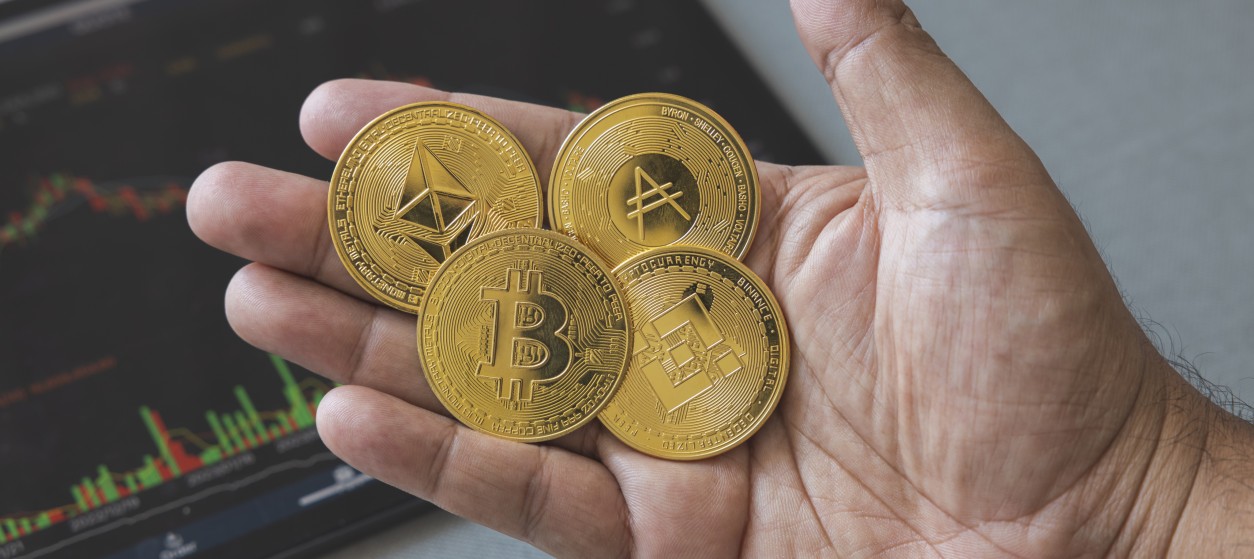Social media has become an integral part of our lives, enabling us to connect and communicate in ways that were unimaginable just a few years ago. However, as these platforms grow in popularity, concerns about data privacy, censorship, and centralized control have emerged. These concerns are largely due to the centralized model of social media platforms: Each of these platforms is typically controlled and managed by a giant enterprise that collects and analyses data of several hundreds of millions or even billions of users. This is bound to lead to problems such as privacy and data protection issues. For instance, the notorious Cambridge Analytica data breach scandal was partly a consequence of the current centralized model of social media data management.
To address the concerns that are linked to this legacy centralized data management model, decentralized social media platforms have emerged. Decentralized social media platforms leverage cutting-edge technologies (e.g., blockchain, peer-to-peer networking, cryptocurrencies) in order to enable social network participants to maintain control and sovereignty over their personal data, while at the same time providing them with opportunities to monetize their data. Decentralized social media platforms are built on distributed architectures, where control and decision-making are shared among participants rather than being centralized in a single entity. In this way, these platforms provide users with greater autonomy, privacy, and ownership over their own data. Furthermore, due to the absence of any central authority, decentralized social media platforms offer their users with a more democratic and transparent experience.
The Technology Enablers of Decentralized Social Media Platforms
As already decentralized social media platforms are enabled by various technologies, including:
- Distributed Ledger Technologies: One of the key technologies driving decentralized social media is blockchain. In essence, most decentralized social media platforms are blockchain-based social networking Blockchain enables secure and transparent recording of transactions without a need for some central authority that acts as a trusted third party. In the context of social networking, blockchains create immutable records of interactions and contents towards ensuring the integrity and authenticity of the social media transactions. Moreover, blockchain technology enables the tokenization of social interactions, where users can be rewarded for their contributions to the network. This offers participating users with possibilities for monetizing their social media data and interactions.
- Peer to Peer Networking: Many decentralized social media platforms are peer-to-peer social platforms as well. Specifically, several decentralized social media platforms utilize peer-to-peer (P2P) networking protocols to facilitate direct communication and data sharing among users. Similar to blockchains, P2P networks eliminate the need for intermediaries, allowing for faster and more efficient transfer of information. Likewise, by removing centralized points of failure, P2P social platforms are more resistant to censorship and ensure that content remains accessible to all participants.
- Cryptocurrency and Social Media: Cryptocurrencies play a crucial role in decentralized social media platforms. This is because these platforms often create their own native tokens, which can be used for various purposes, such as incentivizing user participation, rewarding content creators, or facilitating transactions within the platform. By integrating cryptocurrency into social media, users can directly monetize their contributions. This can give rise to new economic models and financial opportunities that are much different than current monetization models which benefit solely the operator of the social media platform.
Decentralized Social Media Processes
Leveraging the above-listed technology enablers, decentralized social media platforms provide support for the following innovative processes:
- Tokenization of Social Interactions: With decentralized social media, interactions such as likes, shares, comments, and follows can be tokenized using smart contracts on a blockchain infrastructure. This enables users to receive tokens as rewards for their engagement, which creates a more dynamic and motivating environment. Tokenization also creates opportunities for users to trade or exchange their tokens with others, which enhances the value and liquidity of their social interactions.
- Decentralized Identity Management: Decentralized identity management is another critical aspect of decentralized social media platforms. Traditional social media platforms often require users to disclose personal information to a central authority, which raises concerns about data privacy and security. In decentralized social media, users can have greater control over their identities by leveraging decentralized identity systems. These systems enable users to maintain ownership of their own data and selectively share it with others within the network.
- Decentralized Content Sharing: One of the significant advantages of decentralized social media platforms is their ability to facilitate decentralized content sharing. Rather than relying on a central server to host and distribute content, these platforms leverage distributed storage systems such as the IPFS (InterPlanetary File System). This approach allows content to be stored and shared across multiple nodes, which safeguards availability even in the face of network failures or censorship attempts.
- User-controlled Networks: Decentralized social media platforms empower users to take control of their online experience by allowing them to participate in the network’s governance and decision-making processes. User-controlled networks are often governed through decentralized consensus mechanisms, such as blockchain-based voting systems. This gives users a voice in shaping the future of the platform, ensuring that it aligns with their needs and values. Hence, decentralized social media platform transfer control from end-
- User Data Ownership: One of the core principles of decentralized social media is user data ownership. In traditional social networks, user data is often collected, monetized, and controlled by the platform itself. In contrast, decentralized social media platforms give users the ability to maintain ownership of their data and decide how it is used and shared. This offers users greater privacy, control, and transparency over their personal information. It also reduces the risk of abuse or unauthorized data access.
- Community-driven Social Media: A defining characteristic of decentralized social media is its emphasis on community-driven governance. This is fully in-line with the user-controlled network and user data ownership characteristics outlined above. Rather than being controlled by a single entity or corporation, decentralized social media platforms rely on consensus-based decision-making processes, where stakeholders collectively determine the platform’s rules and policies. This participatory approach ensures that the platform evolves in a manner that serves the best interests of its users and promotes diversity, inclusivity, and free expression.
Overall, decentralized social media platforms represent a paradigm shift in the way users experience and engage with social networking. Leveraging blockchain, peer-to-peer networks, and cryptocurrencies, these platforms provide users with greater autonomy, privacy, and control over their online presence. From tokenizing social interactions to decentralized content sharing, these platforms offer a promising vision for a more democratic, transparent, and user-centric social media landscape. In the coming years, decentralized social media has the potential to reshape the future of social networking and redefine the relationship between individuals and their online communities.











Discover the power of privacy with TornadoCash! Learn how this decentralized mixer ensures your transactions remain confidential.